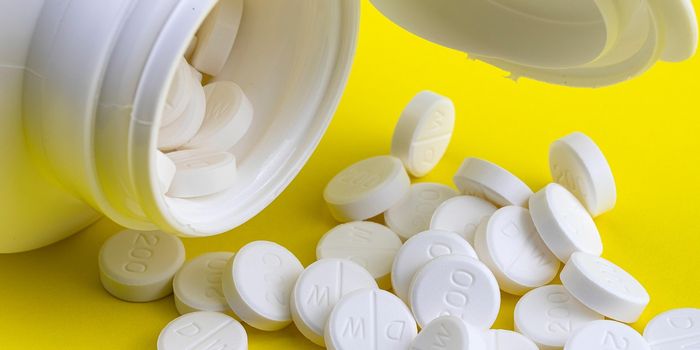Licorice Raises Blood Pressure
New research published in The American Journal of Clinical Nutrition has shown that regularly eating small amounts of licorice raises blood pressure and may also increase strain on the heart in some individuals.
The crossover study included 28 healthy participants who were randomly assigned to eat licorice or a control product for two weeks, then take a two-week break, then eat the other product for two weeks. During this time, blood pressure was measured daily, and blood samples were collected every two weeks. Each piece of licorice contained 100 mg of glycyrrhizic acid (GA). GA is a component of licorice that has been previously shown to raise blood pressure in larger doses. However, no studies have been previously conducted with smaller doses. The goal of this study was to see how daily small doses of licorice affect blood pressure and other aspects of health.
The results showed that eating a small dose of licorice every day significantly increased the blood pressure of the participants. On average, the participants’ blood pressure increased by 3.1 mmHg when eating licorice. Eating licorice also decreased the participants’ levels of renin and aldosterone, two hormones that regulate fluid balance in the body. Participants who were most sensitive to licorice as determined by changes in these hormones showed increased levels of a protein that indicates that the heart is working harder than usual.
The World Health Organization and the European Union have previously stated that 100 mg per day of GA in licorice is probably safe for most individuals. However, the results of this study indicate that licorice has a more potent effect than previously thought. The authors noted that foods that contain licorice should be more carefully labelled. Their results showed that small amounts of licorice raise blood pressure in young people with no known health issues. However, in populations with a higher risk of heart issues, high licorice intake could pose a serious health risk.
Sources: The American Journal of Clinical Nutrition, Science Daily








